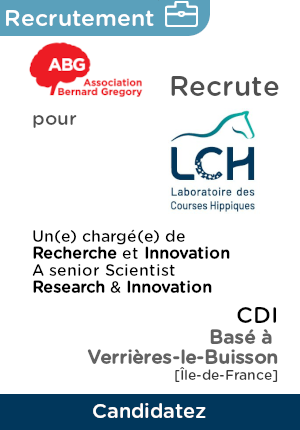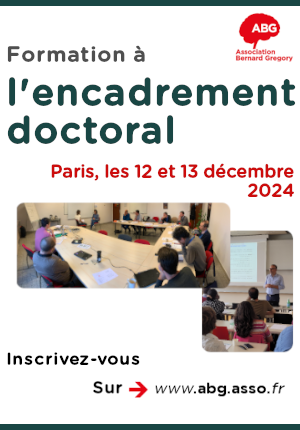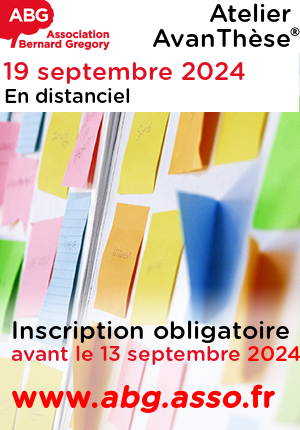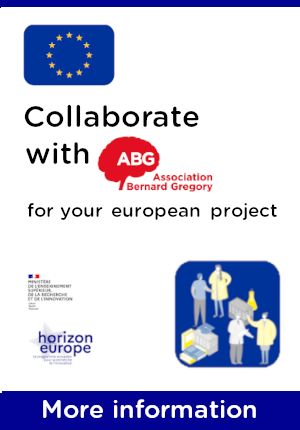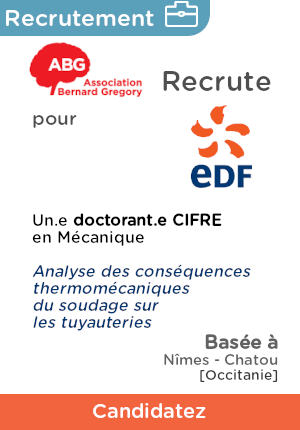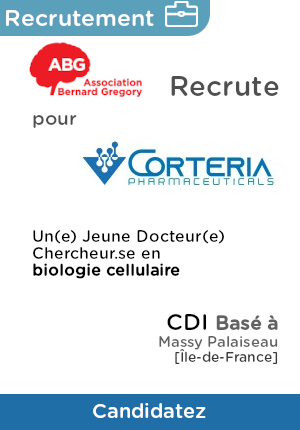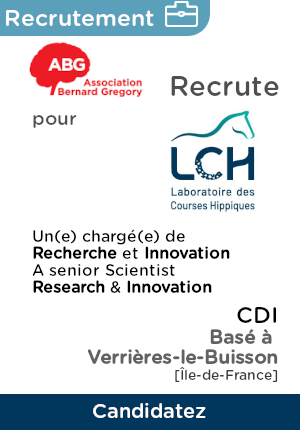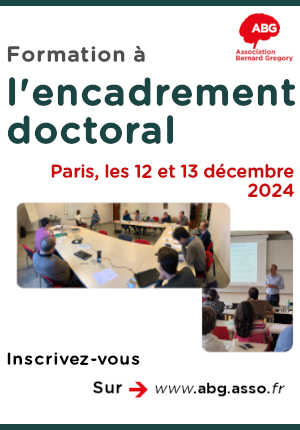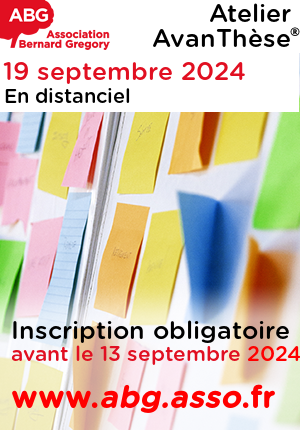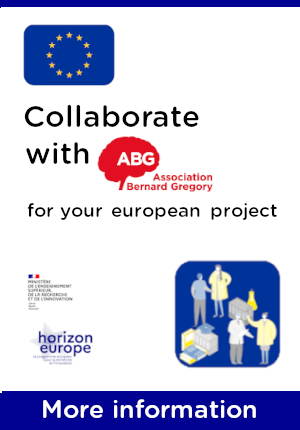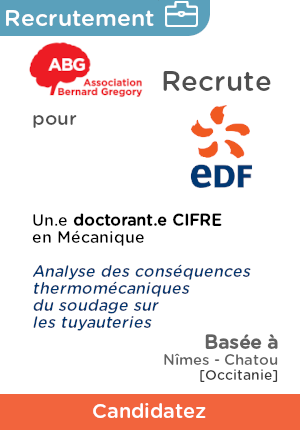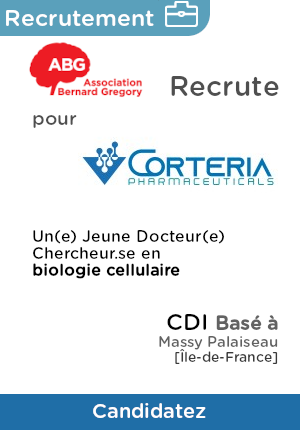PhD Student FLEXIble latent heat thermal energy STOrage Solutions for Waste heat recovery, enhanced Energy efficiency, and industry decarbonization (FLEXI-STORE)
| ABG-125161 | Sujet de Thèse | |
| 17/07/2024 | Financement public/privé |
- Sciences de l’ingénieur
Description du sujet
MISSIONS :
Project description :
According to ADEME, waste heat emissions in the industrial sector represent an estimated power of 51 TWh, which is 16% of fuel consumption in industry, released as waste heat in France. The analysis of the distribution of this lost power shows that 10% is concentrated in high temperatures (>400°C), 37% in medium temperatures (200°C to 400°C), while 53% is concentrated in low temperatures (100°C to 200°C). Due to the limited number of high-temperature emission sites in France, several studies have been conducted over the past decades on the recovery and valorization of these emissions, resulting in the development of mature high-temperature storage systems, very often in the form of sensible heat storage in refractory materials. Medium and low-temperature thermal emissions are often dispersed throughout the national territory, with a significant deposit in the Hauts-de-France region for low temperatures. This dispersion hinders the development of breakthrough technologies for the recovery and valorization of these emissions, unlike high-temperature emissions.
Goals :
This project aims to develop flexible latent thermal storage solutions for the recovery of waste heat, targeting the improvement of energy efficiency in various industrial energy systems. More specifically, the project's objective is to reduce or even replace the use of fossil energy sources in different applications such as heating and hot water production in the residential sector (domestic hot water, individual and collective housing, hospitals, nursing homes, etc.) and/or industrial sector, agri-food industry (greenhouse cultivation), district heating networks, and endothermic energy processes, with waste energy captured and stored in optimized latent thermal storage units, offering great flexibility of use depending on the application, with the ultimate goal of contributing to the development of a high-performing, virtuous, and efficient industry of the future.
Given their high volumetric energy density, one of the avenues for recovering these thermal emissions is to develop latent thermal storage modules using phase change materials (PCMs), prioritizing eco-efficient materials. The innovation targeted in this project is the use of passive techniques to enhance heat transfer both within the PCM and within the heat transfer fluid to make these modules compact and optimized, thereby facilitating the phases of thermal energy charging and discharging for a range of target applications.
Activities :
The complexity of the phenomena involved in the storage units to be developed as part of this project requires the development of numerical prediction models (detailed CFD) for the melting-solidification processes, including convective heat exchanges which can be natural or mixed. These models subsequently need fine validation on experimental test benches at both local and global levels. Therefore, a dual numerical and experimental approach is concurrently employed in this project. The storage modules developed involve various coupled physical phenomena (single-phase conduction and convection, conduction and convection with phase change), and a detailed modeling of these heat transfer modes will be performed using CFD-type numerical tools to accurately describe the transfer mechanisms at the local level.
Thermo-fluidic experiments (local and global) will be developed to validate the various numerical models and characterize the performance of the selected phase change materials (PCM) (thermo-fluidic visualizations, thermometry, thermo-physical characterization of materials, thermal cycling tests). Emphasis will be placed on the use of advanced quantitative techniques such as particle image velocimetry (PIV) on both the heat transfer fluid side and the PCM side to access velocity fields (both in natural convection within the PCM and forced convection in the heat transfer fluid), enabling the qualification of the developed numerical models.
The numerical tools implemented in this project, coupled with these experiments, will allow for the prototyping and development of flexible and durable waste heat recovery modules in the temperature range of 70°C to 180°C.
Prise de fonction :
Nature du financement
Précisions sur le financement
Présentation établissement et labo d'accueil
IMT Nord Europe is one of the largest engineering schools north of Paris. Its goal is to train the engineers of tomorrow, mastering both digital technologies and industrial know-how. Ideally located at the crossroads of Europe, 1 hour from Paris, 30 minutes from Brussels, and 1.5 hours from London, IMT Nord Europe aims to become a major player in the great industrial, digital, and environmental transformations of the 21st century by combining, both in its teachings and research, engineering sciences and digital technologies.
As a school under the supervision of the Ministry of Economy and Finance and a school of the Institut Mines Télécom, IMT Nord Europe has three main missions: to train responsible engineers capable of solving the great challenges of the 21st century; to conduct research leading to high value-added innovations; and to support the development of regions, notably by facilitating innovation and the creation of businesses.
Located on two main teaching and research sites, in Lille and Douai, IMT Nord Europe relies on more than 20,000 square meters of laboratory space to develop high-level teaching and excellence in research in the following fields:
- Digital Science and Technology
- Processes for Industry and Services
- Energy and Environment
- Advanced Materials and Processes applied to polymers, composites, and civil engineering.
This research project developed by IMT Nord Europe is carried out with the financial support of the National Research Agency as part of the ANR RECLASSIF 2024 project established by the national network of engineering schools of the Institut Mines Télécom (IMT) and the Ecole Nationale des Arts et Métiers (ENSAM).
Site web :
Profil du candidat
APPLICANT PROFILE :
The position is suitable for a candidate holding or preparing for a Master's degree / engineering degree and possessing skills in one or more of the following areas: Fluid Mechanics / Energetics / Thermodynamics.
The main skills required for the proposed research project are as follows:
- Numerical modeling and thermo-fluidic simulation
- Thermo-fluidic experimentation through local and global approaches
- Scientific rigor and strong writing skills
- Proficiency in English for dissemination of work (publications, scientific communications)
Knowledge of one or more of the following software tools would be appreciated: Star CCM+, ANSYS-FLUENT, and equivalents.
Vous avez déjà un compte ?
Nouvel utilisateur ?
Vous souhaitez recevoir nos infolettres ?
Découvrez nos adhérents
 Tecknowmetrix
Tecknowmetrix  SUEZ
SUEZ  Nokia Bell Labs France
Nokia Bell Labs France  Laboratoire National de Métrologie et d'Essais - LNE
Laboratoire National de Métrologie et d'Essais - LNE  Institut Sup'biotech de Paris
Institut Sup'biotech de Paris  Aérocentre, Pôle d'excellence régional
Aérocentre, Pôle d'excellence régional  MabDesign
MabDesign  MabDesign
MabDesign  ONERA - The French Aerospace Lab
ONERA - The French Aerospace Lab  Ifremer
Ifremer  ANRT
ANRT  CASDEN
CASDEN  Généthon
Généthon  CESI
CESI  PhDOOC
PhDOOC  ADEME
ADEME  TotalEnergies
TotalEnergies  Groupe AFNOR - Association française de normalisation
Groupe AFNOR - Association française de normalisation  Institut de Radioprotection et de Sureté Nucléaire - IRSN - Siège
Institut de Radioprotection et de Sureté Nucléaire - IRSN - Siège
-
EmploiCDIRef. ABG124941Corteria PharmaceuticalsMassy-Palaiseau - Ile-de-France - France

Jeune Docteur, Chercheur en Biologie Cellulaire & Moléculaire (H/F)
BiologieNiveau d'expérience indifférent -
EmploiCDDRef. ABG125071KTHStockholm - Suède
ERC-funded postdoc position on the detection of gas-phase organic radicals, KTH, Stockholm, Sweden
Chimie - Physique - Sciences de l’ingénieurNiveau d'expérience indifférent -
EmploiCDIRef. ABG123642Laboratoire des Courses Hippiques (GIE LCH)Verrières-le-Buisson - Ile-de-France - France
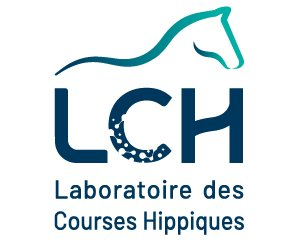
Chargé(e) de Recherche et Innovation (H/F) / Senior Scientist Research & Innovation (M/F)
Chimie - BiochimieConfirmé

